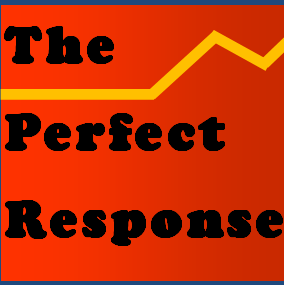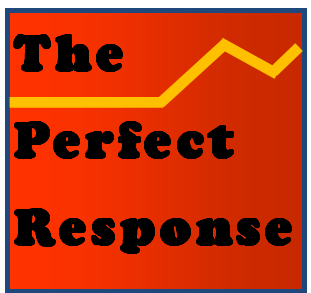[We are so deep into the digital age that we may not notice that a norm of mediated interpersonal exchange has replaced the direct contact humans in all earlier generations experienced. The norm now is to connect by phone or text–a degrading of the idea of contact that we may hardly notice. The issue is not whether there is usefulness in smart phone technology. There surely is. It is whether we have taken away one of the key elements required for gaining a degree of social intelligence.]

For those of us who study human communication, direct face to face conversation is usually the fundamental model for understanding all other forms. When two or more people are in the same space addressing each other, their exchanges are likely to contain all of the critical yardsticks for measuring successful interaction. These essential processes include awareness of the other, the potential for immediate and unfiltered reciprocity in an exchange, and access to all the visual and verbal feedback that comes with direct person-to-person contact. All other channels of communication—including the devices that extend the range of human connectivity—alter or diminish one or more of one of these processes. And though it may not seem like it, altering or reducing a conversational asset is a big deal.
Until the advent of widespread electric telegraphy in the 1850s direct communication with another in the same space has always anchored human communities. The very idea of a sociology of human relationships is mostly predicated on the expectation that we have direct and real-time access to each other.
Even so, the default model for understanding how we maintain our social nature is increasingly at odds with the ways we now live. What has changed most dramatically are the preferences of younger Americans who are less eager to seek out conversation as a problem-solving tool.
We are kidding ourselves if we believe the false equivalency that lets “social media” substitute for living in the social world.
The most interesting research on this subject is from Sherry Turkle at M.I.T., who has been documenting the well-known drift of the young away from direct interaction to alternate channels that enlarge connectivity but diminish communication richness (Reclaiming Conversation, 2015). The platforms are well-known, including Instagram, Facebook, Twitter and other forms. Under the misnomer of “connectivity,” changes in technology and adjustments to them are slowly schooling younger generations to prefer communication that is mediated and intentionally isolating. We are kidding ourselves if we believe the false equivalency that lets “social media” substitute for living in the social world.
Turkle has noted a wholesale flight away from direct conversation and toward electronic messaging. In the words of many of her interviewees, meeting directly with someone is “risky,” “too emotional,” “an interruption,” and “anxiety producing.” As a high school senior she interviewed observed, “What’s wrong with conversation? I’ll tell you what’s wrong with conversation! It takes place in real time and you can’t control what you are going to say.”
Responses like these suggest a desire to escape the burdens of acquiring the essential rudiments of what psychologists sometimes call “social intelligence,” meaning the ability to navigate through many essential and unavoidable relationships that unfold in real time.
It has always been true that some conversations are difficult. But this kind of face-work is also the essential work of a complex adult life. As Turkle notes,
Many of the things we all struggle with in love and work can be helped by conversation. Without conversation, studies show that we are less empathic, less connected, less creative and fulfilled. We are diminished, in retreat. But to generations that grew up using their phones to text and messages, these studies may be describing losses they don’t feel. They didn’t grow up with a lot of face-to-face talk.
Of course there is always a risk among the old to assume that progress has been overtaken by regression. To paraphrase the Oscar Hammerstein lyric from Oklahoma!, it’s easy to believe that “things have gone about as far as they can go.” Even so, it’s worth remembering that forms of mediated communication are usually not additive, but reductive. Texts, e-mails, and even video games start with various fundamentals of communication, but almost always take something away. It may be immediacy. It may be full interactivity. But the most consequential of all is a reduced intimacy that happens when humans are not in the same space breathing the same air.
![]()


